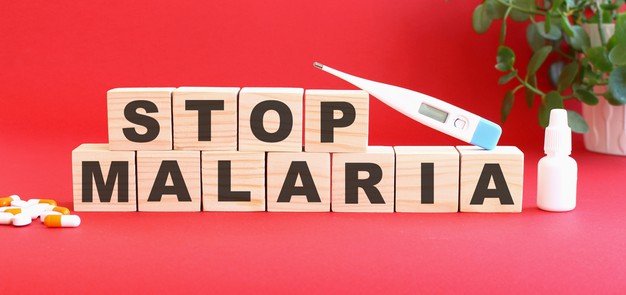
Photo Credit: Freepik
The new Partnership for Vivax Elimination (PAVE) launched on July 14, will support countries in the elimination of P. vivax – a complex and persistent type of malaria that poses a risk to more than one-third of the world’s population.
As part of PAVE, Medicines for Malaria Venture (MMV), PATH, Menzies School of Health Research, and Burnet Institute will work with in-country partners to conduct feasibility studies looking at the best way to use different P. vivax relapse treatments and diagnostics at different levels of the healthcare system in endemic countries including Brazil, Ethiopia, India, Indonesia, Papua New Guinea, Peru and Thailand.
PAVE will also continue to support countries, including Cambodia, Colombia, Lao PDR, and Vietnam, with market analytics and readiness planning for new tools and approaches as they seek to optimize P. vivax case management according to WHO guidance and accelerate progress towards their malaria elimination goals.
PAVE is led by MMV and PATH and combines a new investment of USD 25 million from Unitaid with work under existing grants from the Bill & Melinda Gates Foundation (BMGF), the UK Foreign, Commonwealth and Development Office (FCDO) and MMV core funding. Consolidating these projects under PAVE will ensure coordination of efforts and clear communications with partners around the world. Recognizing that even more work is needed, PAVE will provide a vehicle for advocacy to bring further attention and resources to the challenge of eliminating P. vivax malaria.
Tackling P. vivax, by treating both the blood- and liver-stages of infection – known as radical cure – is essential to achieve the WHO 2030 targets of reducing global malaria case incidence by at least 90% and eliminating malaria transmission in 35 countries; as well as target 3.3 of the Sustainable Development Goals: end the epidemics of AIDS, TB and malaria by 2030.
PAVE works closely with the World Health Organization, National Malaria Control Programmes, and country-based partners to support the introduction and use of effective diagnostics and treatments for P. vivax malaria, including shorter-course primaquine and single-dose tafenoquine liver-stage treatments and better point-of-care glucose-6-phosphate dehydrogenase (G6PD) diagnostics needed to identify patients that are at risk of having adverse reactions to the class of drugs currently used for liver-stage treatments. Patients with the genetic disorder known as G6PD deficiency need to be screened because they are at risk of developing haemolytic anaemia when taking these drugs.
GSK and MMV have developed a paediatric version of tafenoquine, which is currently under review by regulators. PAVE aims to add to this and complete the full set of relapse prevention treatments suitable for children by supporting, with funding provided by Unitaid, the development of a quality-assured, child-friendly formulation of primaquine.




